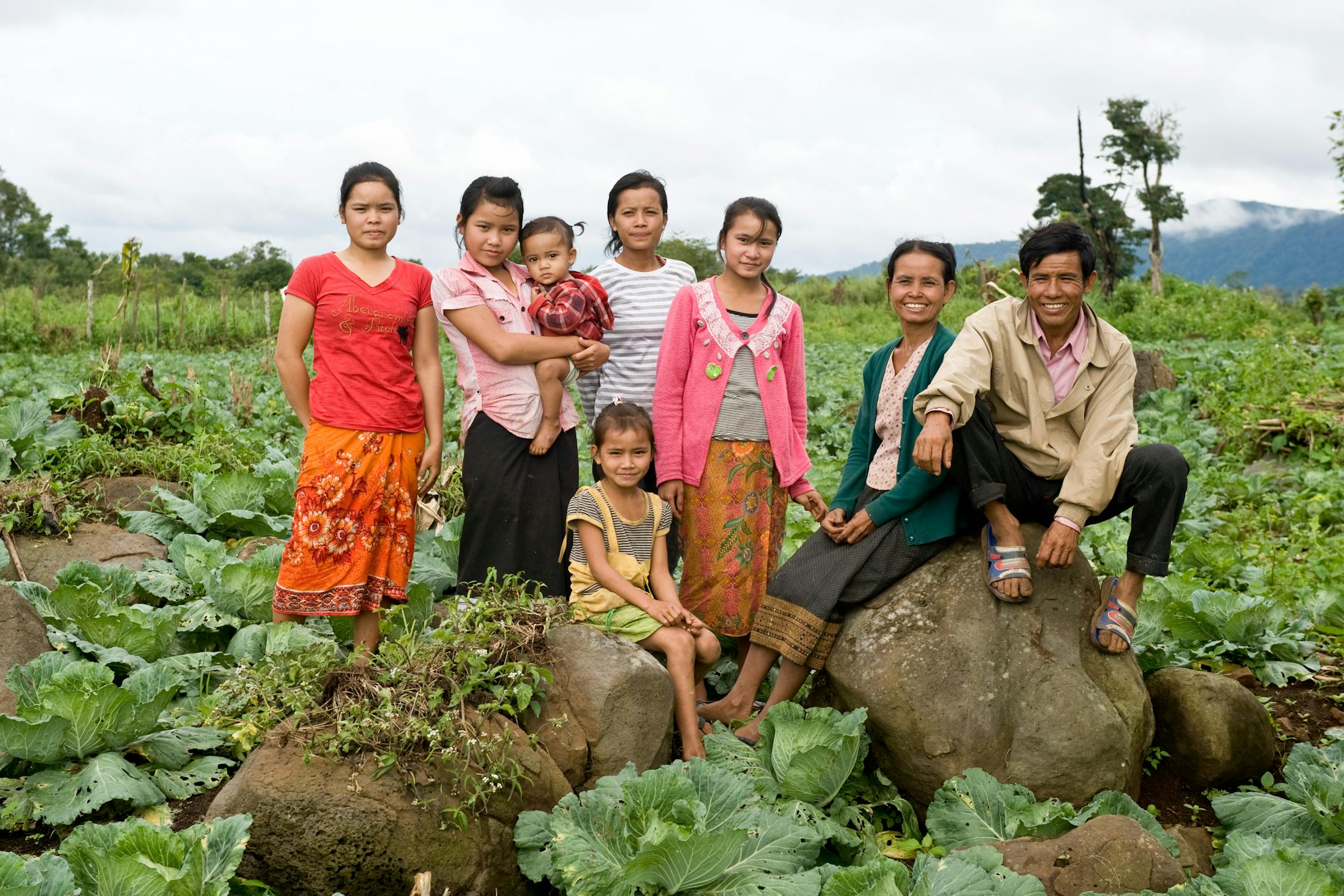

1. No poverty
While extreme poverty has eased considerably since 1990, pockets of the worst forms of poverty persist. Ending poverty requires universal social protection systems aimed at safeguarding all individuals throughout the life cycle. It also requires targeted measures to reduce vulnerability to disasters and to address specific underserved geographic areas within each country.
Read our stories to learn more about SDG Goal 1: No poverty
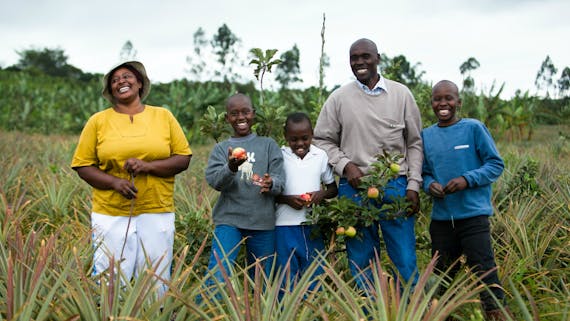
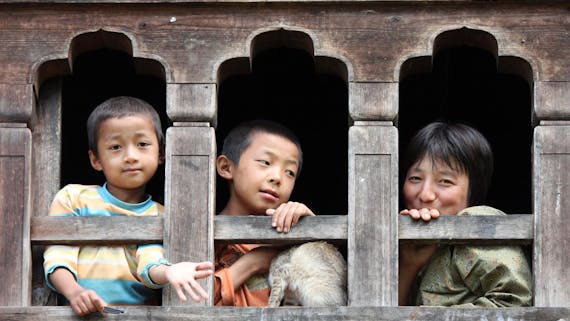
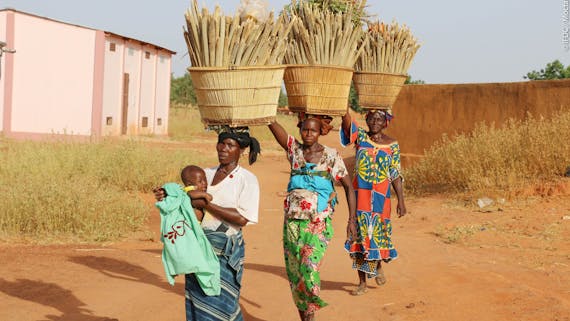
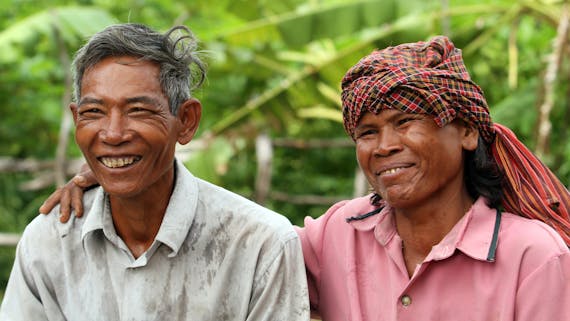
To adopt SDG 1 No poverty, in support of the 17 Sustainable Development Goals, please contact us at partners@eco-business.com
Adopt this goalNews

This year’s record-breaking typhoon season in the Philippines – which saw six consecutive storm systems hit the country in under a month – was “supercharged” by climate change, according to a rapid attribution study.

Carbon & Climate
Who are climate migrants and what can the world do for them?
Climate migration is a growing issue driven by disasters and conflict.

Carbon & Climate
Southeast Asia’s environmental defenders on the frontline
Environmental defenders across Southeast Asia face threats, violence and legal hurdles in their fight for justice. Five share their struggles.

Construction of Indonesia’s vast new capital city on the east coast of Borneo has prompted a surge in port traffic in Balikpapan Bay, elevating existing pressures on the belt of mangroves lining the inlet.
Opinion

Policy & Finance
Did COP29 fail women?
The climate crisis is not gender-neutral, so our solutions cannot be. Without a consistent focus on gender-responsive climate finance, we risk perpetuating cycles of vulnerability.

Carbon & Climate
What the loss and damage fund means for Indigenous communities
It’s time for Malaysia to tap into the insights of its Indigenous communities to develop sustainable climate adaptation strategies.

Indonesia’s capital has poor water infrastructure. Existing water resources should be reused to avoid a water crisis.

As India's water availability declines, a holistic approach to water pricing will be needed to avoid conflicts.
Food & Agriculture
Small farms the key to Malaysia's palm oil sustainability
Food & Agriculture
Changing rainfall patterns in the Mekong pose new challenges
Carbon & Climate
The 1.5°C target for global warming must prevail
Videos

EB Studio
What has been the effect of this agribusiness company's dual-income policy on the households of its Indonesian workers?

Food & Agriculture
For Southeast Asia’s migrant fishers, modern slavery is still alive on the high seas
On International Human Rights Day, Greenpeace releases shocking testimonies from Southeast Asian migrants working on board foreign fishing vessels, plying the remote waters to meet Asia's surging demand for seafood.

The Philippine government has begun the process of relocating more than 200,000 families living along waterways to restore Manila Bay, the main body of water in the capital.
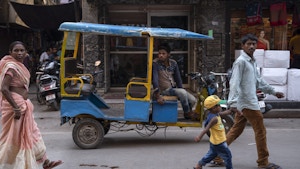
With a vision to end the drudgery of manual rickshaw pulling, social enterprise SMV Green is also helping restore clean air in one of India's most polluted cities through electric rickshaws.
Podcasts

EB Studio
Plastic waste is flooding the planet. Instead of waiting for regulation to drive change, give value to recyclables and mobilise the people, says Plastic Bank.

Carbon & Climate
Protecting 30 per cent of the ocean by 2030: Mission impossible?
EB Studio
Eco-Business talks to 'Aulani Wilhelm of Conservation International about why a plan to protect the ocean is critical, and why it might just work.

The World Economic Forum – best known for its Annual Meeting in Davos since 1971 – has been a dynamic platform bringing together the best in business, politics and society to shape global industry agendas. How is WEF helping to shape China’s economic goals alongside its environmental and societal priorities?

Food & Agriculture
Can plant-based diets save the planet?
Humanity and the planet are suffering from a serious case of food poisoning. Eco-Business spoke to Brent Loken, WWF's global lead food scientist, about how changes to our diet can help fix our broken food system, and restore our health and the planet's strained ecosystems.

















